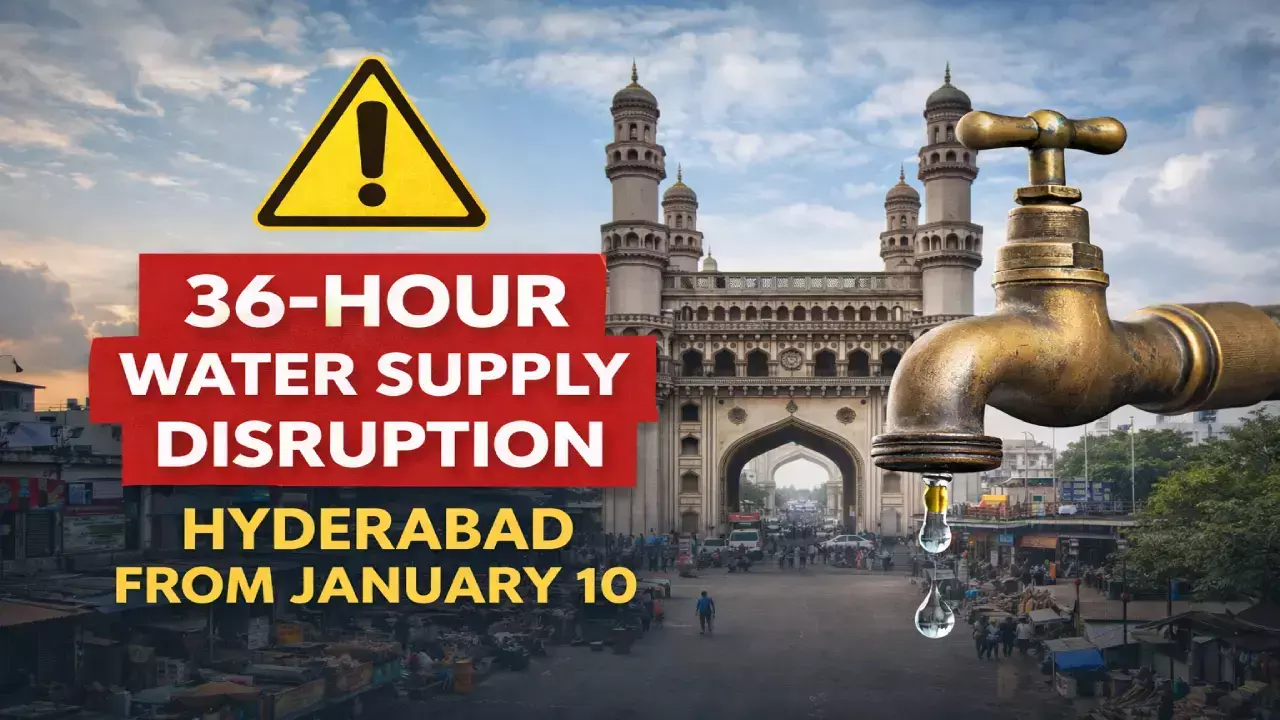Pakistan Asserts Right to Suspend All Bilateral Agreements, Including Simla Agreement
Pakistan threatens to suspend all bilateral agreements, including the Simla Agreement, in retaliation to India's actions after the Pahalgam terror attack.
In a significant move following the Pahalgam terror attack in Jammu and Kashmir, where 26 tourists lost their lives, Pakistan has escalated tensions with India by announcing its right to suspend all bilateral agreements, including the Simla Agreement of 1972. This agreement, which legitimizes the Line of Control (LoC) in Jammu and Kashmir and Ladakh, is now under threat from Pakistan's latest stance.
The diplomatic escalation comes after India’s recent actions, which include ordering all Pakistani nationals to leave the country by April 29, suspending all visas—including medical visas—and halting permits for diplomats under the SAARC framework. In retaliation, Pakistan has announced similar measures, including reducing India's diplomatic staff at the Pakistani High Commission to 30 and declaring air force and naval diplomats from both sides as Persona Non Grata.
Suspension of the Simla Agreement: Pakistan's bold declaration that it may suspend the Simla Agreement is drawing significant attention. The agreement, signed after the 1971 war, established the Line of Control (LoC) in Jammu and Kashmir. Should Pakistan follow through, it could undermine the validity of the LoC, a key element in the ongoing territorial dispute between the two nations.
Reaction to Indus Waters Treaty Suspension: Pakistan has also strongly reacted to India's suspension of the Indus Waters Treaty, a 1960 accord that has withstood multiple conflicts. Islamabad warned that any attempt to stop or divert water from the Indus or its tributaries (Jhelum and Chenab) would be considered an "Act of War," with Pakistan vowing to respond forcefully.
The Indus Waters Treaty is especially critical to Pakistan, which faces severe water scarcity. Disrupting the flow of these rivers could exacerbate the country’s water crisis, affecting tens of millions of people.
Pakistan's Countermeasures: In response to India’s actions, Pakistan has taken the following steps:
Wagah Border Closure: The Wagah border post, a key land crossing, has been closed with immediate effect, halting all cross-border transit from India. Indian nationals in Pakistan under the SAARC Visa Exemption Scheme (SVES) must leave by April 30, with the exception of Sikh religious pilgrims.
Airspace Closure: Pakistan has closed its airspace to all Indian-operated airlines, further escalating tensions in the region.
Suspension of Trade: All trade between India and Pakistan, including transit through third countries, has been suspended immediately.
The Pakistani government has also reiterated that its armed forces remain "fully capable and prepared" to defend the country’s sovereignty, security, and territorial integrity, adding that it will not tolerate any violation of its rights.
As both countries take increasingly drastic measures, the diplomatic standoff over the Pahalgam attack threatens to spiral into a larger geopolitical crisis.















